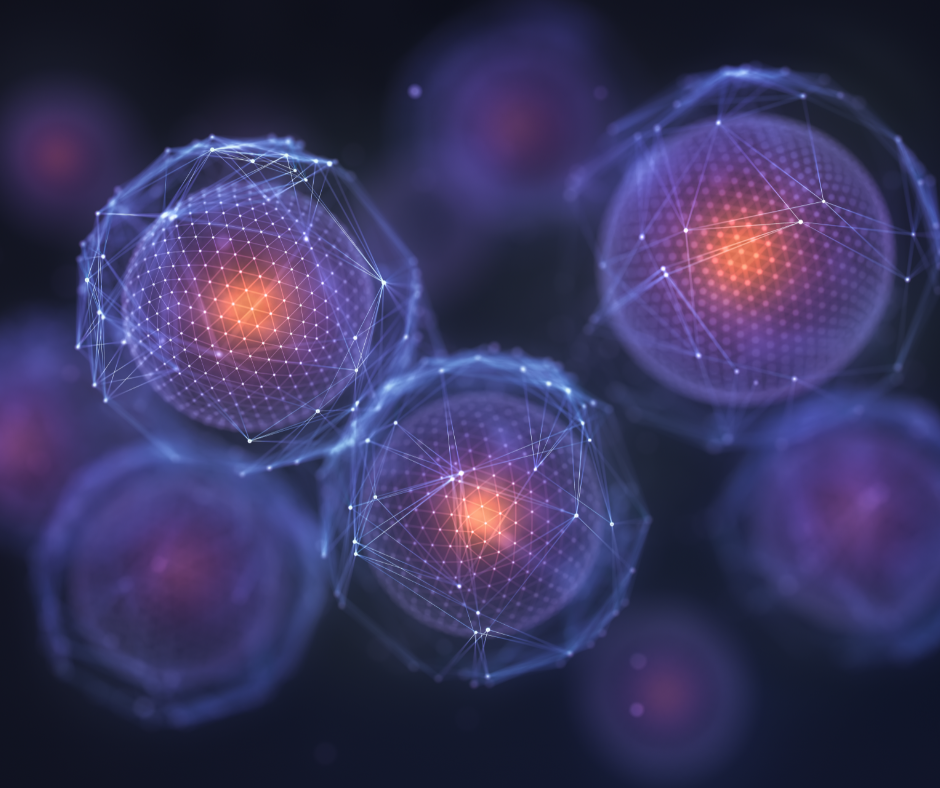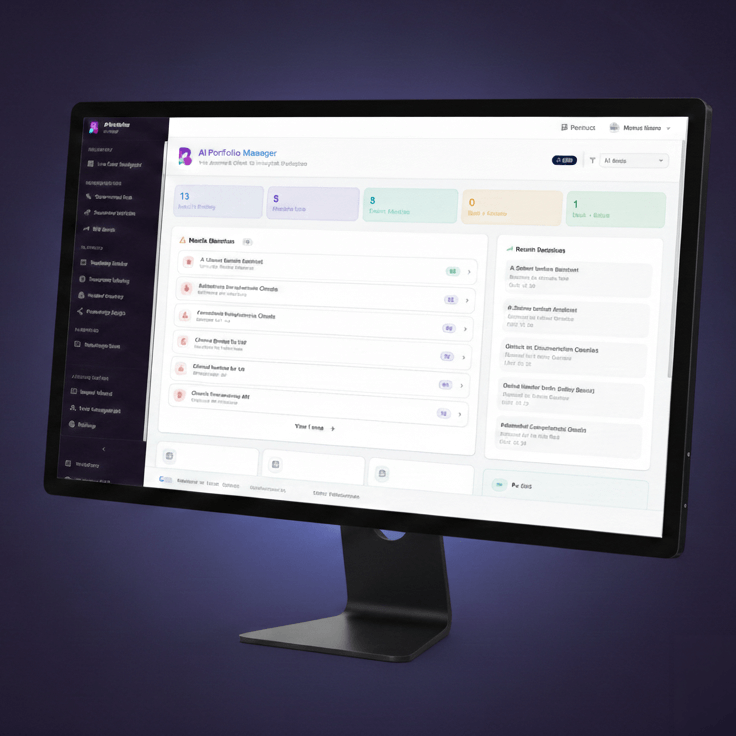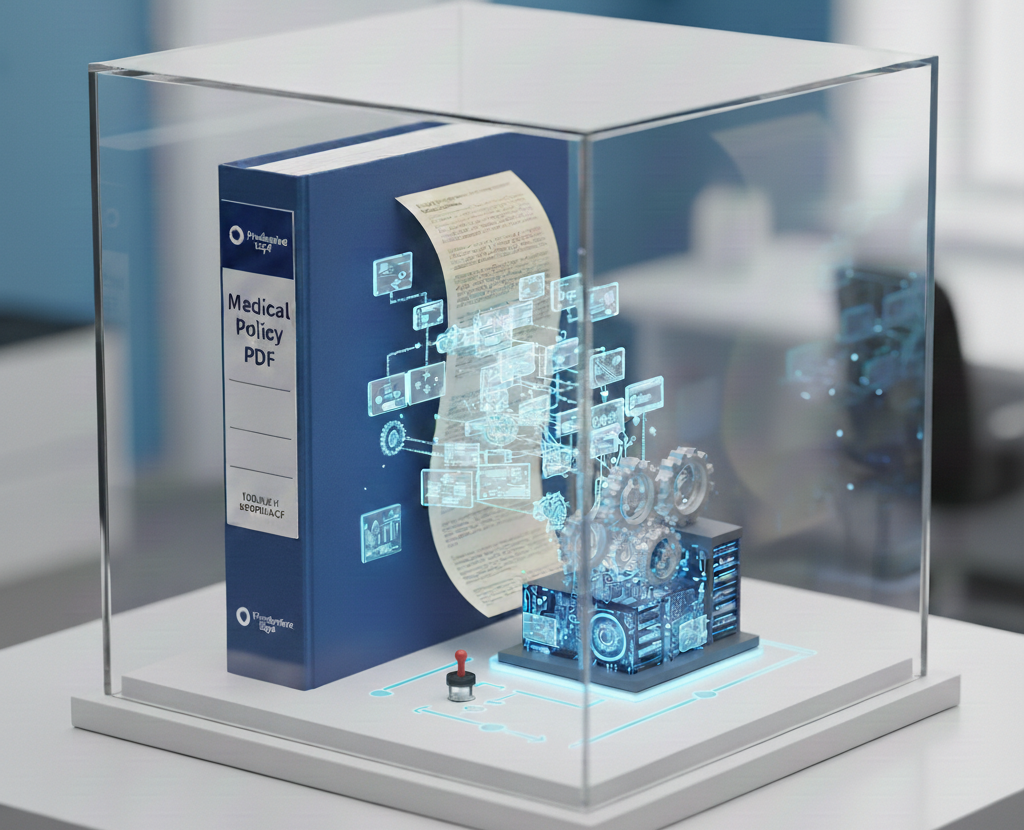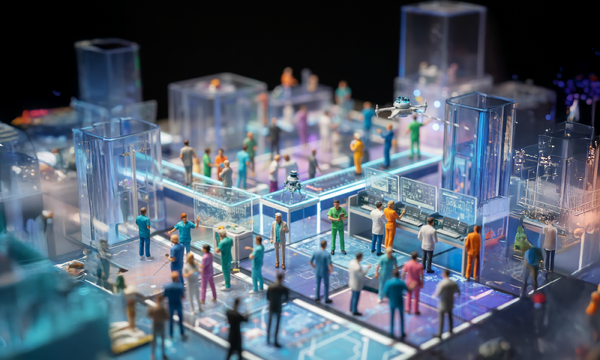As the globe grapples with an increasingly aging population, the quest for improved health and enhanced quality of life for seniors has become more critical than ever. As diseases associated with aging, such as Alzheimer’s and Parkinson’s take up 80% of healthcare budgets, biotechnology emerges as a beacon of hope and innovation, rewriting the future of elderly care.
Let’s explore the captivating world of biotechnology and its transformative influence on healthcare for the aging population, including groundbreaking research and future outlook.
Understanding Biotechnology
Biotechnology, a fusion of biology and technology, leverages living systems and organisms to create or modify products that enrich human life. In the realm of gerontology, biotechnology is a veritable game-changer. Its applications span a wide spectrum from the development of pioneering pharmaceuticals and the fabrication of high-precision medical devices to the exciting frontier of genetic engineering with potential implications for human longevity.
With the World Health Organization projecting the world's population over 60 years to nearly double from 12% to 22% between 2015 and 2050, biotechnology's role in aging and healthcare has never been more crucial, opening new avenues for treatments, improving disease management, and potentially, enhancing the human lifespan itself.
Revolutionizing Aging Through Biotechnology
Biotechnology is shaping the future of aging in numerous ways. Let's explore a few key areas where biotech is making a significant impact.
1. Age-related Diseases
Biotech research is boldly confronting the challenges of age-related diseases like Alzheimer's, heart disease, and osteoporosis, unlocking the secrets of our biological machinery to develop groundbreaking treatments. Scientists are harnessing the power of genetic and cellular therapies to target these diseases at their roots, fundamentally transforming our approach to healthcare.
Take, for instance, a trailblazing study conducted by the renowned Salk Institute for Biological Studies. It unveiled a novel gene therapy that astonishingly revitalized aged mice, breathing new life into their cells. This astonishing breakthrough promises to shift the paradigms of our understanding of human aging, hinting at the tantalizing possibility of slowing down, or perhaps even reversing, the relentless march of time in humans.
2. Regenerative Medicine
When it comes to regenerative medicing, biotechnology is igniting a revolution and creating hope for countless people battling age-related diseases. Take stem cell research, for instance. This powerful biotechnological tool has the extraordinary potential to mend or even substitute tissues and organs ravaged by the aging process.
A groundbreaking study published in Cell Stem Cell brings this vision closer to reality. Here, scientists achieved what was once considered the realm of fantasy: they turned back the biological clock of human cells by a staggering 30 years. This dramatic rewind in cellular aging could completely redefine our approach to regenerative medicine, catapulting us towards a future where time's wear and tear on our bodies could be effectively reversed.
3. Personalized Medicine
The significance of our genetic makeup gains momentum as we age, shaping our health outcomes in profound ways. Biotechnology offers us the power to decode these complexities, paving the way for a new era of individualized treatments that address the distinctive health needs of each senior.
One such breakthrough in biotechnology is pharmacogenomics, the study of how genes affect a person's response to drugs. By analyzing a patient's genetic makeup, healthcare providers can prescribe medications in a way that maximizes effectiveness and minimizes adverse effects, such as with Warfarin, a commonly used anticoagulant with a dosage often determined by genetic factors.
The landmark 1000 Genomes Project illuminates the vast potential of such individualized care. This project has established the most extensive record of human genetic variations, laying the groundwork for uniquely tailored treatment plans. For instance, this research could inform the development of personalized exercise and diet regimens for seniors based on their genetic susceptibility to conditions like osteoporosis or diabetes.
Another example is gene therapy, an experimental technique that uses genes to treat or prevent diseases. Scientists are continuously investigating gene therapy approaches to treat age-related macular degeneration, a common cause of vision loss in older adults.
In essence, this pioneering research heralds a future where healthcare is as distinct as the individuals it nurtures, crafting a world where seniors can benefit from treatments explicitly designed with their unique genetic blueprints in mind.
4. Nutrition and Aging
Biotechnology is not just reshaping the landscape of intricate medical treatments; it's also revolutionizing the nutritional blueprint for seniors. Imagine, for instance, everyday foods, fortified using cutting-edge biotech methods, addressing malnutrition issues prevalent among the elderly.
A perfect example of this is bio-fortified foods. These aren't just your average groceries; they're ordinary foods supercharged with essential nutrients. Through the biofortification of staple crops, these nutritional powerhouses can effectively tackle micronutrient deficiencies in aging populations, paving the way for an overall boost in health and longevity. This revelation opens up a realm of possibilities where ordinary foods are turned into extraordinary sources of essential nutrients, thanks to biotechnology.
Challenges and the Path Forward
On the brink of a future where biotechnology stands as a catalyst, the potential to reshape the lives of our aging population is not just inspiring, but truly transformative. This synergy of biology and technology is pioneering an era where age-related diseases are targets to be conquered, regenerative medicine is no longer a distant dream but a reality, personalized care becomes the norm, and nutritional deficiencies become solvable problems.
However, as we sprint towards this promising horizon, we must not overlook the hurdles that shadow our path. Accessibility, affordability, ethical considerations, and the need for further research are challenges that we need to address thoughtfully and responsibly.
Herein lies an opportunity for healthcare organizations to step up and spearhead this movement through innovative strategies, responsible use of technology, and an empowered workforce. It is imperative to ensure that our seniors are well-equipped to make informed decisions about their healthcare, and these organizations can play a vital role in making this a reality.
Ultimately, the promise of biotechnology is more than just prolonging life for the aging population—it's about enhancing it. It envisions a future where every senior can anticipate not just longevity but an enriched quality of life marked by health, vitality, and well-being.




